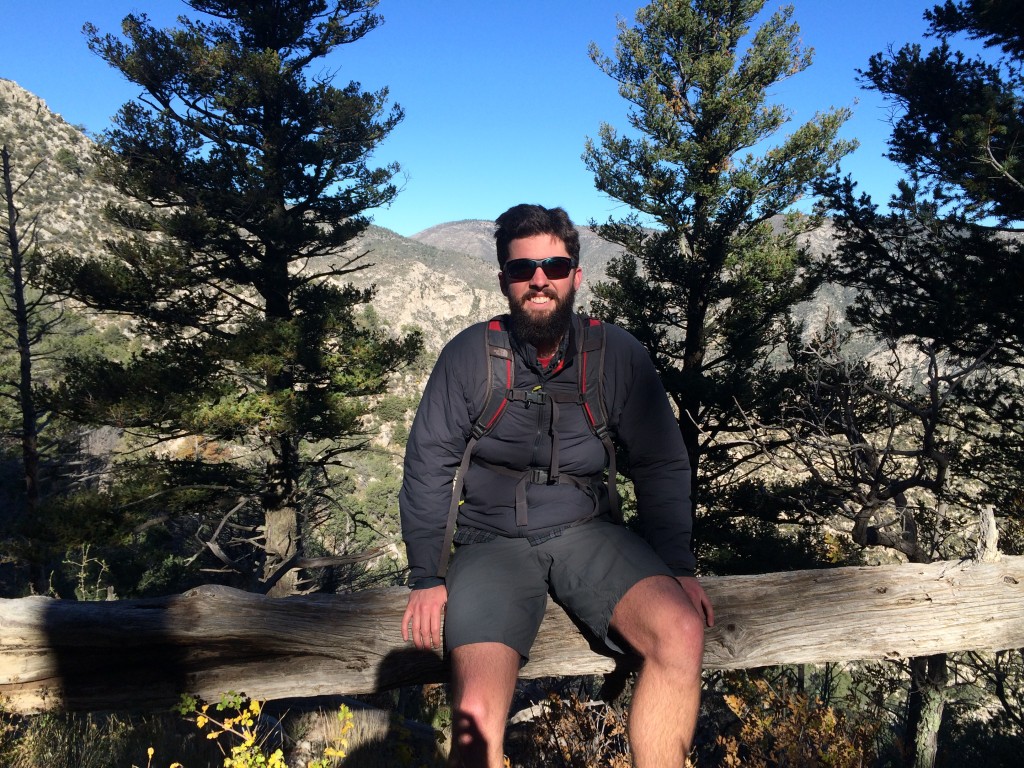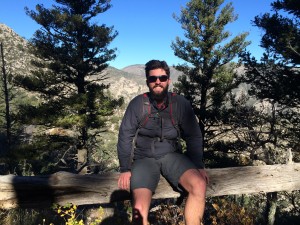
Contributor: Nick Hayes, Outdoor Adventure Program Manager, Ranch at Dove Tree, Lubbock, TX

-
What drew you to the field of addiction treatment? Why?
Honestly, I feel as though addiction treatment itself drew me in. Working in the helping profession has sincerely changed my life.
Not only have I learned so much in regards to my own journey, but I have learned exponential amounts regarding the process of people.
When I first started in the human service field, I wanted to make a difference in this field. I aimed to be that person who is able to connect with people during their most trying times.
I watched as people walked into treatment: defeated, bitter, and callous. On their very last leg, these people would walk into our facility needing our help. Over the course of the next few weeks, something would occur.
Not always, but sometimes, you could see the transformation begin. The addict would learn that they were not bad, just critically ill. They would receive insight about themselves, their family system, and some different ways to apply a solution to their problem(s).
For the clients and friends I have watched begin their journey, it always starts the same way. With one day.
For those who have loved ones or their own personal experience, we know how incredibly awe inspiring it can be to watch somebody get clean and enter into recovery. I believe I was led into this field to be a part of this experience.
-
What keeps you in this work, day after day?
Simply, I stay in this field because of the people.
A few other things come to mind regarding this question: responsibility, purpose and service. I believe that this is a part of the work I was called to do. Sometimes, I wonder if I need to be doing something different. Or, maybe this isn’t for me.
The answer in those times of doubt is simple: Trust. I trust in life’s process. If indeed I need to move onto the next thing, I will be led in that direction. Once I move past my own desires, I see the larger focus.
This is usually the moment I become grateful. For me, gratitude, is an action word. We can tell how grateful our children are, based on their character. My gratitude speaks through my actions as well.
This gratitude, sense of purpose, and greater responsibility to service all keep me here.
-
What is your philosophy on addiction treatment?
I believe that to truly help somebody on the way to their path, we should expose them to a broad range of treatment solutions. My hypothesis is that by showing and offering different paths to recovery, one can only increase the individual’s opportunity for success.
I do not believe that there is one solution. If we truly practice our principles, shouldn't we keep in mind the essential ones? Such as: open-mindedness, love, and acceptance.
These apply in terms of how we act within the systems around us. I believe that if we truly want to help addicts, we have to provide a plethora of what we know can help. If there is one thing I know for certain, it is that some people can do it this way and others can do it another. What works for one does not always work for all.
-
What tools would you like your participants to gain while working with you?
Simply, I would like every client who leaves our facility to have a little bit more gratitude, connectedness, and love. Whether that connection comes internally or externally; these gifts of life sustain us. For our clients, it is absolutely life changing.
Giving them the opportunity to carry these out of treatment with them is monumental. Being the best person, counselor, and example for our clients is what I strive for.
-
What do you envision the future of addiction treatment to be like?
Whoa! The future of addiction treatment? Hmmm.
Well for starters, I think that our ideas and theories around this disease will be much more developed. Today, we experience a culture of stigma, shame, and instant gratification. Generally, our ideas involving what addiction is and how people get well are underdeveloped.
Maybe, once science and experience touch many more lives, our ideas regarding addiction will change. We will stop sending people out of treatment centers after thirty days expecting them to be “fixed”. We will stop setting ourselves up for failure. We will understand how recovery takes place over time, and that individuals need continuing support and care.
Addiction is a neurological brain disease, characterized by obsession, compulsion, fear, paranoia, and pain. It is also one trademarked as being chronic and progressive (Smith, 2012). So with that being said, my hope for the near future of addiction treatment is that we will move toward a more inclusive treatment of addictive disorders.
About the Interview:
Nick Hayes, Outdoor Adventure Program Manager, Ranch at Dove Tree, Lubbock, TX
Smith, D. E. (2012). The process addictions and the new ASAM definition of addiction. Journal Of Psychoactive Drugs, 44(1), 1-4.
The opinions and views of our guest contributors are shared to provide a broad perspective of addiction. These are not necessarily the views of Addiction Hope, but an effort to offer discussion of various issues by different concerned individuals
Last Updated & Reviewed By: Jacquelyn Ekern, MS, LPC on November 27th, 2014
Published on AddictionHope.com
